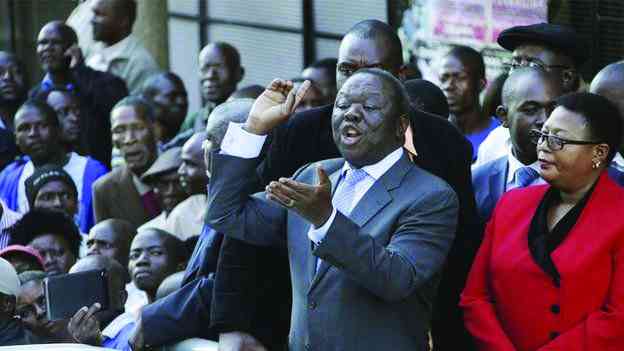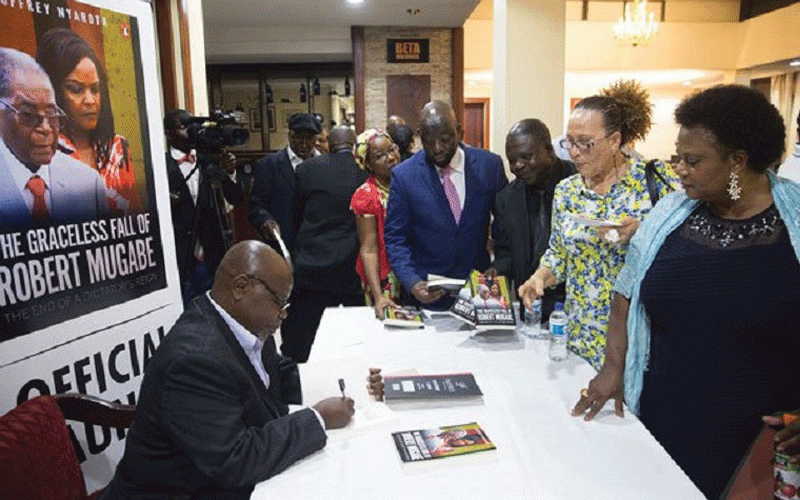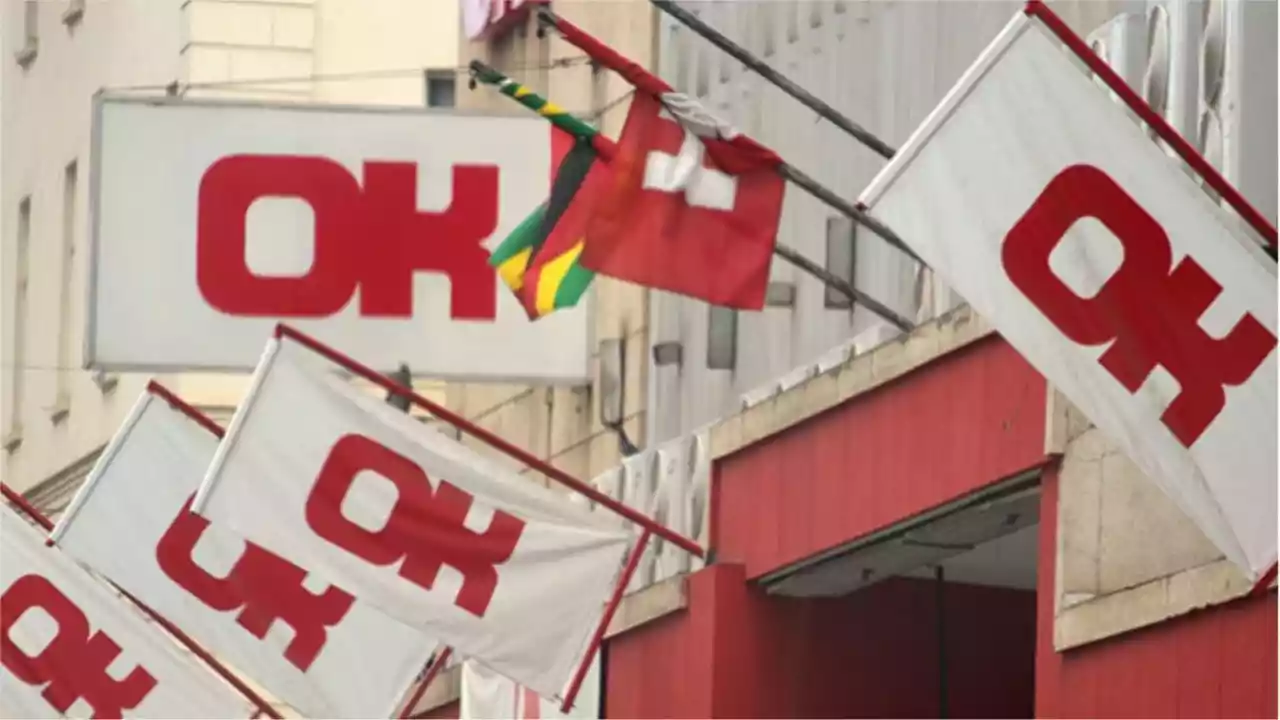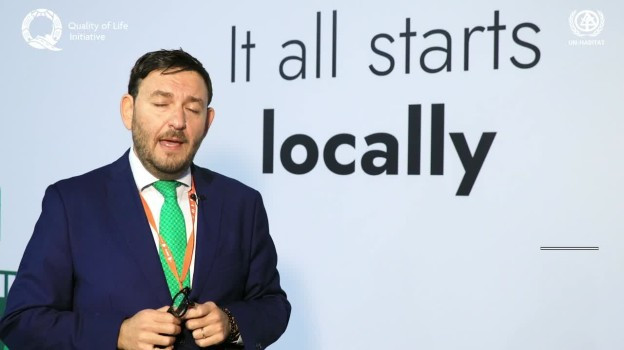
ONE consistent factor that has dodged Zimbabwean politics has been the lack of accountability for our politicians.
The politics has been marred by blame games from all the leading players. The mastermind of excusing accountability is the ruling party.
Having been in power for over four decades, one would at this moment expect to get books or literature from the ruling party stating where they went wrong.
Listening to the ruling party speak will make you realise the grand delusions they operate from.
Zanu PF had moved from a socialist party to a party that implemented neo-liberal policies in the mid-90s to going back to the left-leaning when the economy suffered irreparable damage. As it stands, one is not sure where exactly to place the parties' ideology as in many cases they speak left and act right.
The country has one of the highest diaspora populations and having remittances being a major foreign currency contributor speaks of the massive failure the country has endured under this leadership. However, in all that is happening, they have not taken any accountability and believe that they are delivering the best outcomes.
When the failures are so glaring, the escape away card has been the effects of sanctions that the country has experienced. There is an element of truth in that sanctions have negative impacts on the economy but that card has been overplayed to escape scrutiny.
The challenge with this kind of thinking is that it leaves no room for the ruling party to self-correct and come up with policies and programmes that can lift a great chunk of the population out of poverty.
- Young vocalist making southern Africa dance
- Business opinion: Branding in the age of entrepreneurship and industrialisation (Part 6)
- Corruption Watch: Get scared, 2023 is coming
- Business opinion: Branding in the age of entrepreneurship and industrialisation (Part 6)
Keep Reading
You cannot fix what you do not think is broken and as it stands, they either cannot see anything that is broken or they do not believe they must be held accountable for the state of affairs in the country.
Once in a while, internal fights in the ruling party have caused prominent members of the party to be pushed out. There seems to be a trend of expelled members painting themselves as victims, and we have never seen any of them take accountability for the wrong that they did while they were in office.
In some instances, the expelled members become quiet and at a later stage you will read of their readmittance into the party structures and back in government.
For some of them, corruption charges have been proffered against them, which are later dropped and they find their way back to the party.
Having come out of elections, one can note that the ruling party went into the elections with no manifesto document. They went into the election with no vision that they were selling. There was no document and basically no plan on how to govern.
This therefore means there is no way to measure how they govern, and there is no way to determine why they are prioritising the policies that they are.
There is no way of determining if they are living up to what they promised because, in essence, they promised nothing. The argument they used was their works speak for them, so people were to look backward and from that imagine a future for themselves.
This in essence speaks of politicians who do not want to be accountable or maybe, in some sense, do not know how to be accountable.
On the other end of the opposition tables, they have been accused of lacking ideological standing by the ruling party (not that the ruling party has a clear ideology themselves).
The opposition has come a long way in the political realm. Basically, speaking the country is dominated by two parties. The biggest opposition after the country gained independence was Zapu, which was later swallowed by the ruling party after the gruesome Gukurahundi massacre. The only credible and viable opposition that emerged in 1999 was more of a unity between the workers' union, civil society, and some church groupings.
The opposition mounted their first greatest threat to the ruling party when they mobilized people to vote no in a referendum for the new constitution.
The parliamentary elections in that same year dealt a huge blow to the ruling party as they saw their majority eroded. The following elections saw a violent state towards the election and the ruling party won albeit with a disputed outcome.
The growth and success that the opposition enjoyed brought with them some challenges of accountability. In 2005, the national council of that body voted to boycott the Senatorial elections in protest of the reintroduction of the body.
The leader of the party then overruled the decision of the highest decision-making body. This created two problems, the first was a poor show of the opposition as the ruling party won some seats uncontested, and then even for the contested ones, the opposition had a poor showing.
This gave the impression of a leader who refused to be accountable and was not willing to bow to the dictates of the Constitution but would do anything for expediency. The lack of accountability is the major reason that led to the first split of the party.
The challenges of accountability did not stop. There have been cases since then where candidate imposition has been raised, where national leadership has not been in sync with the masses.
This again came to the fore after the party held its congress and Nelson Chamisa lost on the secretary-general to Mwonzora. After the fallout of Thokozani Khuphe and Morgan Tsvangirai, the constitution was tempered by allowing Tsvangirai to appoint an additional two vice-presidents, who were not elected by Congress.
The fact that this was allowed to happen showed that the leader was not accountable to anyone, not even the party structures.
However, that decision would later haunt the party as the succession line was tempered. Court challenges, parliamentary recalls, and dog whistling among the party supporters became the order of the day. Eventually, this led to the formation of the new party.
One would have thought that the lessons from the past would have guided the new organisation.
The rhetoric at the beginning was very clear that this new creation is one that would be accountable to the masses.
It would allow the people to choose their leaders, power would be derived from the people.
However, the same challenges that bedeviled the MDC formations seem to have followed the new party.
The leader has been deemed as not being accountable, and the imposition of candidates has led to the recall of some parliamentarians hardly a few months into their term.
Again, just like the ruling party, which had no written manifesto, the opposition went for something that they termed strategic ambiguity.
This literally means that if you are not in the inner circle, you would not know the happenings of the party.
This means that the supporters cannot bring their leaders to account for the decisions that they make, that is if they know the decision-makers in the first instance.
The above leads to a clear conclusion, the politics in Zimbabwe are not geared in any way to provide accountability.
It seems that the politicians are in it for power and cannot seem to be bothered by the needs of the masses.
There is, therefore, a need to redefine what democracy means to us as a people, what accountable leadership looks like, and how that would be implemented.
If that does not change, then we can never expect service delivery from politicians whom we cannot bring to account.
- Mapfumo is a research associate at the African Leadership Centre in Nairobi, Kenya. Follow him on X @spearmunya.











